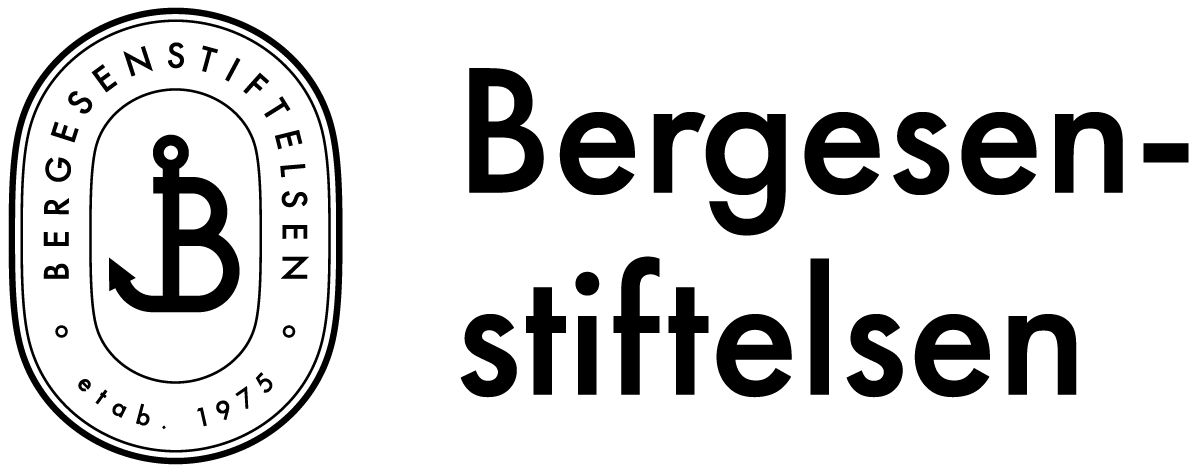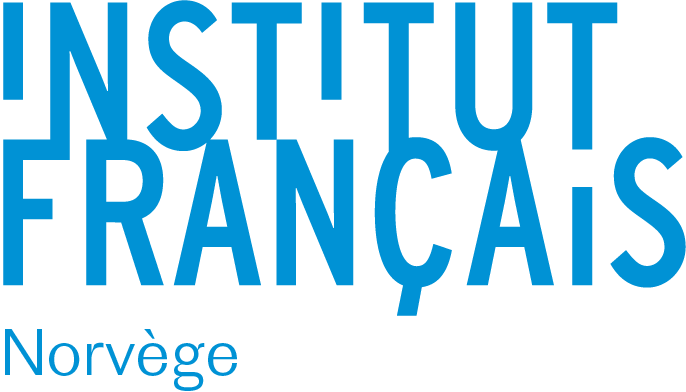Fin de partie
György Kurtág’s opera in concert version
The sound of life in checkmate
Four characters await the end of days in a house by the sea: Hamm, an elderly, blind man in a wheelchair; Clov, his servant, who cannot sit; and Nagg and Nell, Hamm’s aged parents, who lost their legs in a bicycle accident and now sit confined in separate dustbins. Outside, there is nothing.
In complete isolation, they are confronted with their fears, compulsions, and uncertainties. As they wait for the claustrophobic, static situation to end, the tension between them grows.
Hungarian composer György Kurtág completed Fin de partie at the age of 91 – his first and only opera, the result of eight years of intense immersion in Beckett’s Endgame. An opera of waiting, helplessness, and decay, where music and text collide in fragments across a merciless no-man’s-land.
Kurtág’s musical language mirrors the rhythm, darkness, and irony of the text. Though written for full orchestra – performed here by the Opera Orchestra under the baton of Edward Gardner in a concert version – he often employs small instrumental groups, creating a concentrated sound world, almost like chamber music. The vocal lines move in the borderland between speech and song. Long, silent pauses alternate with sharp, resonant outbursts that slice through the space.
Was Kurtág the one Beckett was waiting for?
Premiere talk: Fin de partie
18 September 18.00–18.30. The Norwegian Opera & Ballet I Foyer
Free admission
The Norwegian Opera & Ballet invites you to an open conversation ahead of the Norwegian premiere of György Kurtág’s opera Fin de partie, the result of eight years of intense immersion in Samuel Beckett’s Endgame.
At once radically nihilistic and deeply humanistic, the work offers extraordinary music alongside a stark vision of the human condition. What insights can it give us today, and what should we listen for in the music, the text, and the context?
The conversation is moderated by musicologist Peter Edwards, whose background in twentieth-century modernism and opera provides a musical lens on Kurtág’s language and the dialogue between Beckett’s theatre and music.
He is joined by philosopher Kaja Melsom, known for her reflections on existentialism, ethics and the search for meaning, and theatre critic Mona Levin, who has followed stage performance in Norway and internationally for decades. Together they bring perspectives that span music, philosophy and theatre, reflecting on how Kurtág and Beckett speak to our own time.
Facts
- György Kurtág’s opera Fin de partie is performed in a concert version, without scenic staging. It is based on Samuel Beckett’s play Endgame (1957).
- When Beckett wrote Endgame, he worked musically and with millimetre precision on rhythm, pauses, and silence.
- The opera premiered at La Scala in Milan in 2018. Experience it in Oslo with the same singers who helped shape the music together with Kurtág during its creation.
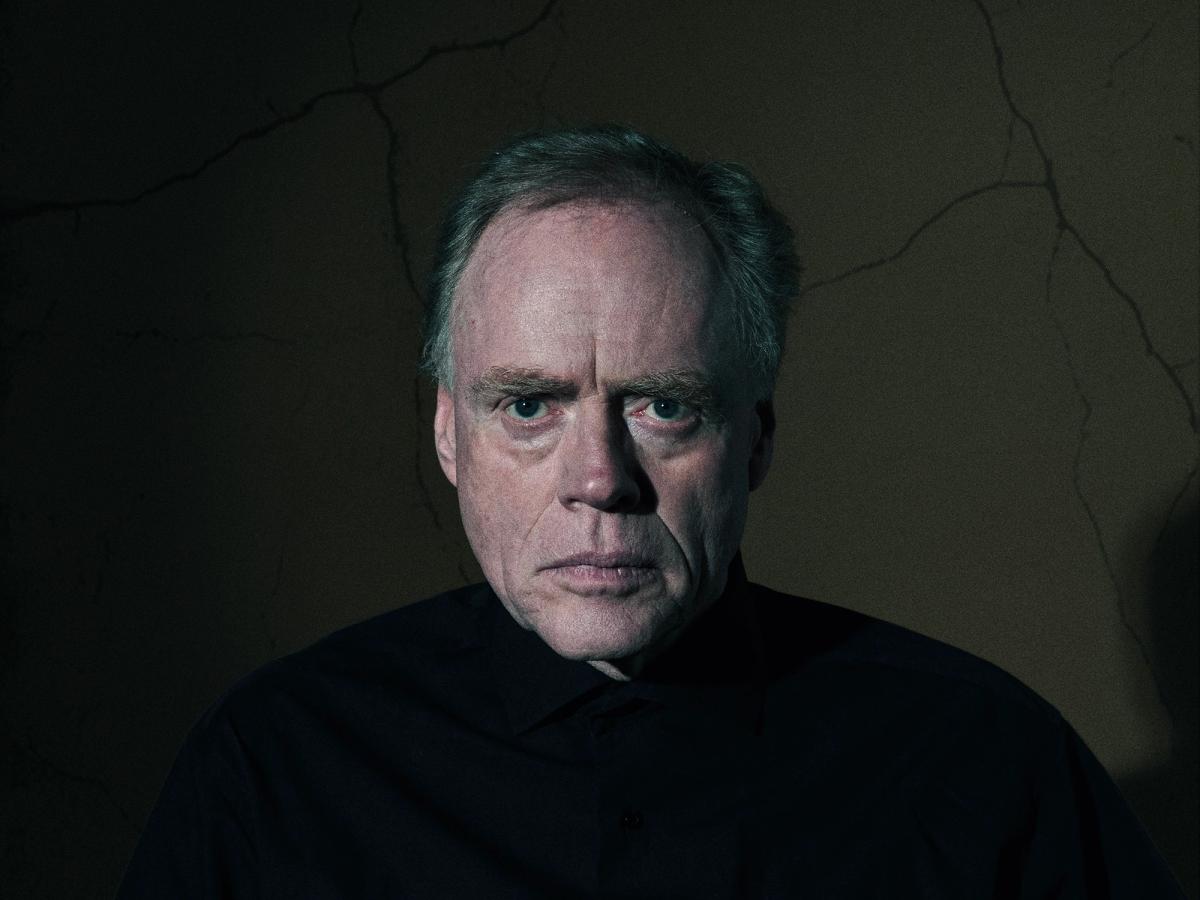
Frode Olsen. Photo: Adam Olsson
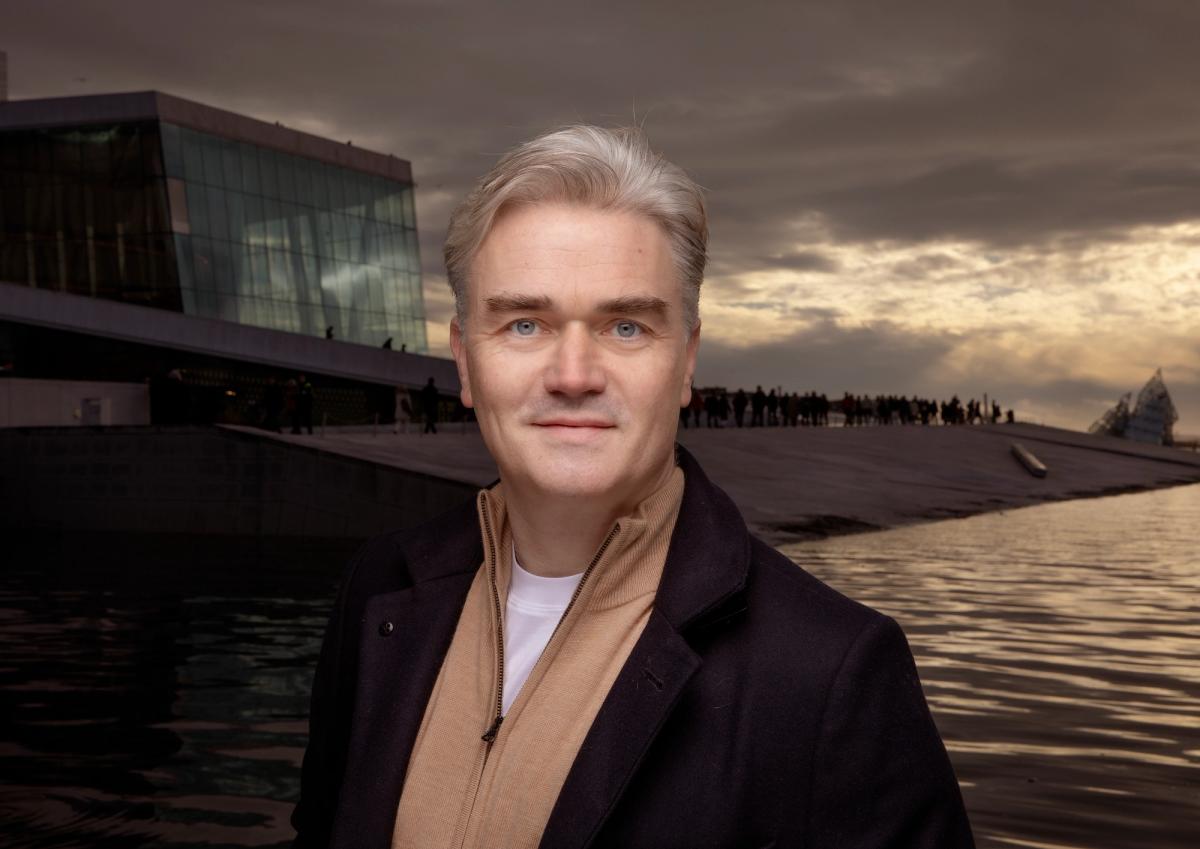
Edward Gardner. Photo: Agnete Brun
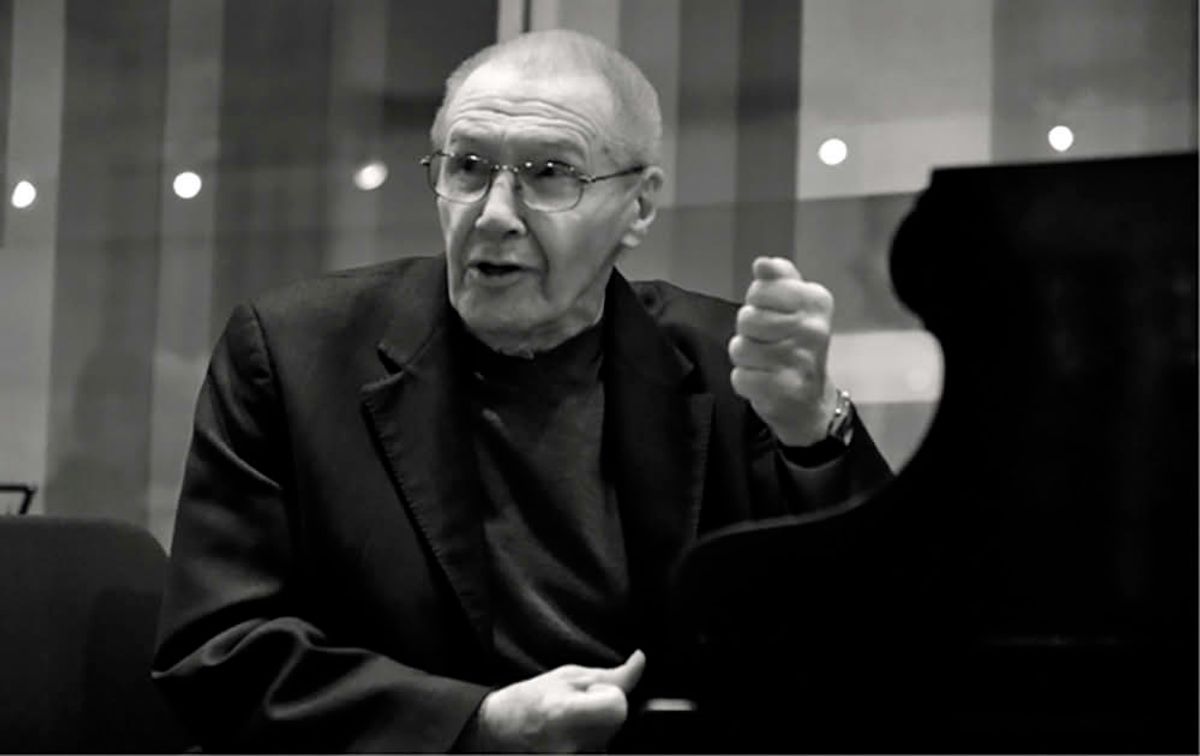
György Kurtág. Photo: Lenke Szilágyi
Music by
- György Kurtág
Libretto
- György Kurtág, based on the play by Samuel Beckett
Featuring
- Frode Olsen – Hamm
- Leigh Melrose – Clov, Hamm's servant
- Hilary Summers – Nell, Hamm's mother
- Leonardo Cortellazzi – Nagg, Hamm's father
- Norwegian National Opera Orchestra
Musical Direction
- Edward Gardner
Concert Direction
- Gudrun Elisabeth Glette
In collaboration with
- Den Norske Opera & Ballett
Premiere talk in collaboration with
- Department of Musicology, University of Oslo
- Den Norske Opera & Ballett











